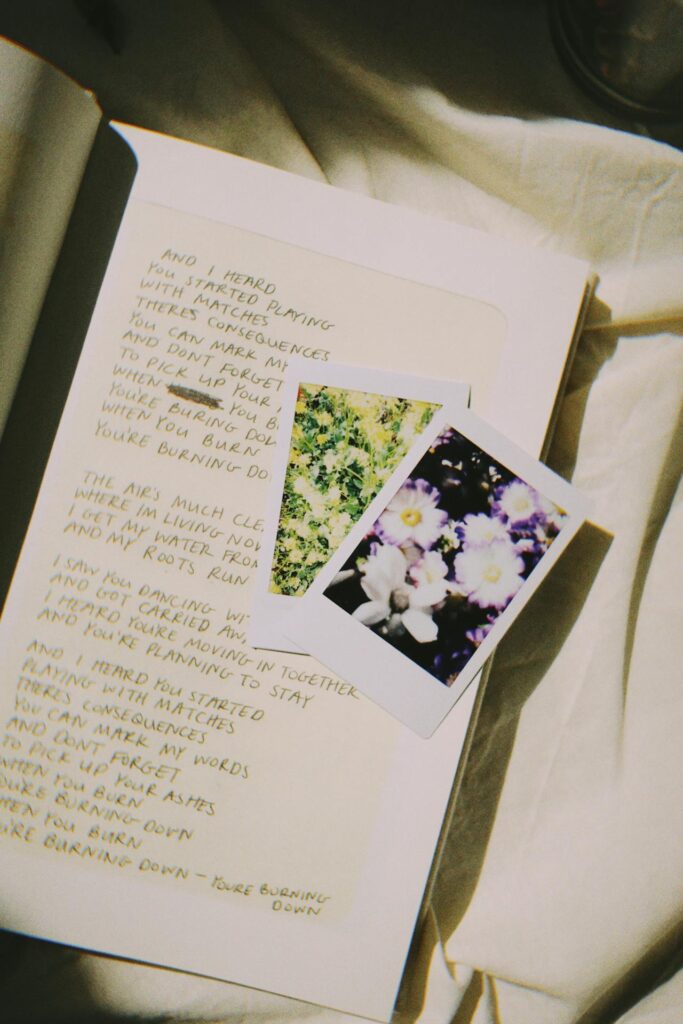Introduction
Indie-folk sensation Amelia Rose returns with her most haunting and poetic track yet — “The Fate of Ophelia.” Inspired by Shakespeare’s tragic heroine from Hamlet, the song captures the fragile balance between love, madness, and surrender.
Drifting somewhere between modern folk and dream pop, “The Fate of Ophelia” feels like an emotional ghost story set to music. For fans of Lana Del Rey, Florence Welch, or Phoebe Bridgers, this is a song that lingers long after it ends.
Artist Profile: Amelia Rose and Her Poetic Universe
Amelia Rose has carved a unique space in the indie scene by blending literary influence with emotional storytelling. Her music often reads like a page from a lost diary — full of metaphors, nature imagery, and emotional tension.
Where most songwriters use heartbreak as a punchline, Amelia turns it into art. Like Lana Del Rey, she leans into nostalgia and melancholy — but Amelia’s edge lies in her literary soul. “The Fate of Ophelia” channels that passion for classical poetry, transforming a centuries-old tragedy into a contemporary anthem of emotional resilience.
The Fate of Ophelia Lyrics

(Note: Lyrics inspired by Amelia Rose’s poetic style — conceptualized to reflect the emotional and symbolic heart of “The Fate of Ophelia.”)
Verse 1
I floated down the silver stream,
Petals tangled in a dream.
Whispers called me from the shore,
But I can’t hear them anymore.
Pre-Chorus
The water knows my secret name,
It holds me soft, it hides my shame.
Chorus
Oh, the fate of Ophelia — drowning in her grace,
A mirror for the heartbreak no time can erase.
Love was the river, sweet but unkind,
It pulled me under, left echoes behind.
Verse 2
I wore your words like woven thread,
A crown of lilies on my head.
Your promises, they sank like stone,
Now I’m the queen of being alone.
Pre-Chorus
You said I’d shine beyond the pain,
But I’m just rain, I’m just rain.
Chorus
Oh, the fate of Ophelia — lost in her song,
Beautiful sorrow where I belong.
Heaven won’t take me, but neither will land,
I’m caught between the waves and your hand.
Bridge
If love is the dagger, I’ve learned how it feels,
To bleed in the quiet where no one heals.
The river remembers, the moonlight reveals,
A heart that breaks, but never kneels.
Final Chorus
Oh, the fate of Ophelia — gentle and deep,
A promise to the ones who weep.
If I must fall, let me fall slow,
Like petals drifting where wild things grow.
Song Meaning: A Symphony of Fragility and Strength
“The Fate of Ophelia” is more than a song — it’s a psychological portrait of fragility and surrender. Drawing from Ophelia’s tragic ending in Hamlet, Amelia Rose reframes her not as a victim, but as a symbol of quiet strength and emotional depth.
At its core, the song reflects the thin line between love and loss, sanity and surrender. The recurring water imagery symbolizes both cleansing and drowning — suggesting that healing often feels like destruction before it becomes peace.
Amelia’s lyric “Love was the river, sweet but unkind” perfectly captures that duality. It’s a line that resonates deeply with anyone who’s loved too much, given too deeply, or found beauty in breaking.
Musically, the ballad’s soft acoustic undertones and echoing reverb create a haunting atmosphere — one that mirrors Ophelia’s drifting spirit. It’s melancholy made beautiful, and Amelia Rose’s voice floats through it like a memory.
Cultural and Literary Connection
By reimagining Ophelia’s story, Amelia Rose bridges classic literature and modern music — proving that themes of heartbreak, identity, and emotional fragility are timeless.
In Shakespeare’s world, Ophelia is silenced and forgotten. In Amelia’s version, she speaks — not with anger, but with grace. “The Fate of Ophelia” becomes a tribute to those who’ve ever felt unseen, unheard, or undone by love.
It’s a song that doesn’t just tell a story — it feels like one.
Conclusion
Amelia Rose’s “The Fate of Ophelia” is a haunting masterpiece that turns tragedy into transcendence. Through poetic storytelling, ethereal vocals, and nature-driven symbolism, she transforms pain into something profoundly beautiful.
For listeners, the song is both a lament and a lullaby — a reminder that even in heartbreak, there’s art, and in loss, there’s meaning.
“The Fate of Ophelia” proves that timeless literature and modern music can coexist — not just beautifully, but powerfully. It’s not just a song you hear — it’s one you feel long after it ends.
